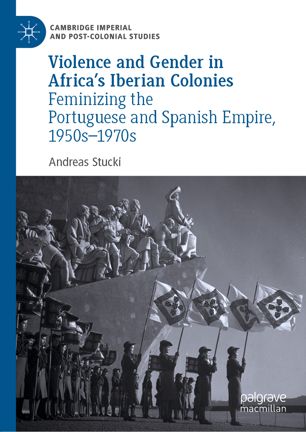

Most ebook files are in PDF format, so you can easily read them using various software such as Foxit Reader or directly on the Google Chrome browser.
Some ebook files are released by publishers in other formats such as .awz, .mobi, .epub, .fb2, etc. You may need to install specific software to read these formats on mobile/PC, such as Calibre.
Please read the tutorial at this link: https://ebookbell.com/faq
We offer FREE conversion to the popular formats you request; however, this may take some time. Therefore, right after payment, please email us, and we will try to provide the service as quickly as possible.
For some exceptional file formats or broken links (if any), please refrain from opening any disputes. Instead, email us first, and we will try to assist within a maximum of 6 hours.
EbookBell Team

4.4
22 reviewsThis book examines how and why Portugal and Spain increasingly engaged with women in their African colonies in the crucial period from the 1950s to the 1970s. It explores the rhetoric of benevolent Iberian colonialism, gendered Westernization, and development for African women as well as actual imperial practices – from forced resettlement to sexual exploitation to promoting domestic skills. Focusing on Angola, Mozambique, Western Sahara, and Equatorial Guinea, the author mines newly available and neglected documents, including sources from Portuguese and Spanish women’s organizations overseas. They offer insights into how African women perceived and responded to their assigned roles within an elite that was meant to preserve the empires and stabilize Afro-Iberian ties. The book also retraces parallels and differences between imperial strategies regarding women and the notions of African anticolonial movements about what women should contribute to the struggle for independence and the creation of new nation-states.